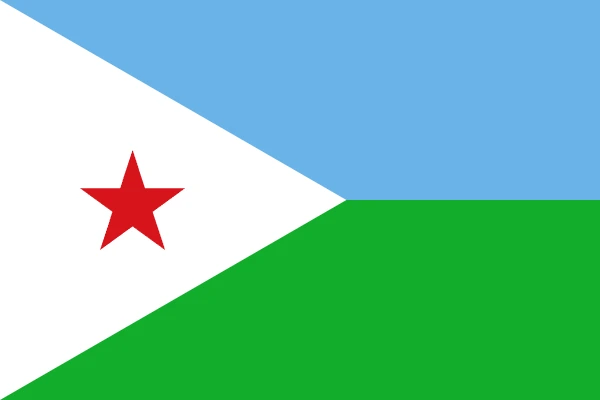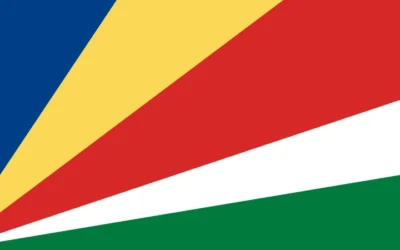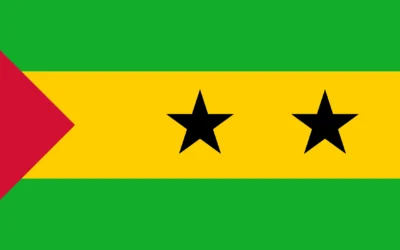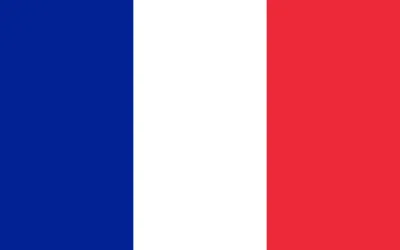Djibouti Travel Guide
Discover Why You Should Visit Djibouti
Why Visit Djibouti?
Djibouti is a small but striking country located on the Horn of Africa, known for its otherworldly landscapes, salt lakes, coral reefs, and rich cultural tapestry. With a mix of French, Arab, Afar, and Somali influences, it offers a unique experience for travelers looking to explore dramatic scenery and vibrant traditions.
From snorkeling with whale sharks in the Gulf of Tadjoura to hiking through lava fields near Lake Assal, Djibouti is perfect for nature enthusiasts and cultural explorers alike.
Ideal for: Adventure seekers, scuba divers, geology lovers, and travelers interested in discovering the hidden gems of the Horn of Africa.
Must-Know Facts
Capital/Major City: Djibouti City
Language(s): French, Arabic (official); Somali, Afar widely spoken
Currency: Djiboutian Franc (DJF)
Best Time to Visit: November to February (cooler and dry season)
Fun Fact: Lake Assal is the lowest point in Africa and the third-saltiest body of water in the world
Top Things to Do
Swim and snorkel with whale sharks off the coast of Arta Beach
Explore Lake Assal’s white salt flats surrounded by volcanoes and black lava
Visit Lac Abbé, known for its limestone chimneys and surreal desert scenery
Dive in the Gulf of Tadjoura to explore coral reefs and marine biodiversity
Wander the bustling streets and markets of Djibouti City
Local Culture & Lifestyle
Djibouti’s culture is a blend of Somali and Afar traditions, Arab-Islamic customs, and French colonial heritage. Social gatherings often include poetry, dance, and communal meals.
Islam plays a central role in daily life, with calls to prayer and modest dress norms respected throughout the country.
Family is the cornerstone of social structure, and hospitality is extended generously to guests.
Food & Drink Highlights
Street Food: Sambusas, grilled meats, lentil dishes, laxoox (Somali pancake)
Restaurants: Offer French, Middle Eastern, Ethiopian, and local East African cuisine
Drinks: Spiced tea, fruit juices, camel milk, and imported soft drinks
Desserts: Sweetened rice, fried dough pastries, honey cakes
Main Dish & Culinary Symbols
Signature Dish: Skoudehkaris (spiced lamb and rice dish)
Common Ingredients: Rice, lamb, goat, lentils, cinnamon, cardamom, dates
Culinary Culture: Meals are often communal and eaten by hand, especially in rural areas
Symbols & Icons of the Area
Natural Icons: Lake Assal, Lake Abbé, Gulf of Tadjoura, Day Forest National Park
Cultural Icons: Traditional Afar huts, camel caravans, minarets, nomadic jewelry
Hidden Gems & Off-the-Beaten-Path
Moucha Island for snorkeling and quiet beaches
Goda Mountains for cool highland hikes and forested escapes
Bankouale palm oasis in the Tadjoura region for nature and tranquility
Shopping & Souvenirs
What to Buy: Handcrafted Afar jewelry, woven baskets, traditional daggers, spices, incense
Where to Shop: Djibouti City markets, local artisan stands, Tadjoura town markets
Getting Around
Public Transport: Minibuses and shared taxis operate in cities and towns
Car Rentals: Useful for accessing remote areas like Lake Abbé or Goda Mountains
Taxis: Available in Djibouti City with negotiable fares
Boat Travel: Necessary for visiting islands and coastal locations
Travel Tips
Respect Islamic customs, especially during Ramadan
Bring sun protection and stay hydrated in the hot climate
French is widely spoken in formal settings; basic phrases are useful
Many remote areas require a guide and 4×4 vehicle for access
Where to Stay
Budget: Hostels and local guesthouses in Djibouti City
Mid-range: Boutique hotels and eco-lodges near coastal regions
Luxury: International hotels and resorts along the waterfront
Unique: Tent camps near Lake Abbé or rural eco-retreats in the mountains
Sample 4-Day Itinerary
Day 1: Explore Djibouti City’s markets and waterfront promenade
Day 2: Day trip to Lake Assal for salt flats and volcanic scenery
Day 3: Travel to Lake Abbé for sunset over the limestone chimneys
Day 4: Snorkel or dive near Moucha Island or relax at Arta Beach






0 Comments